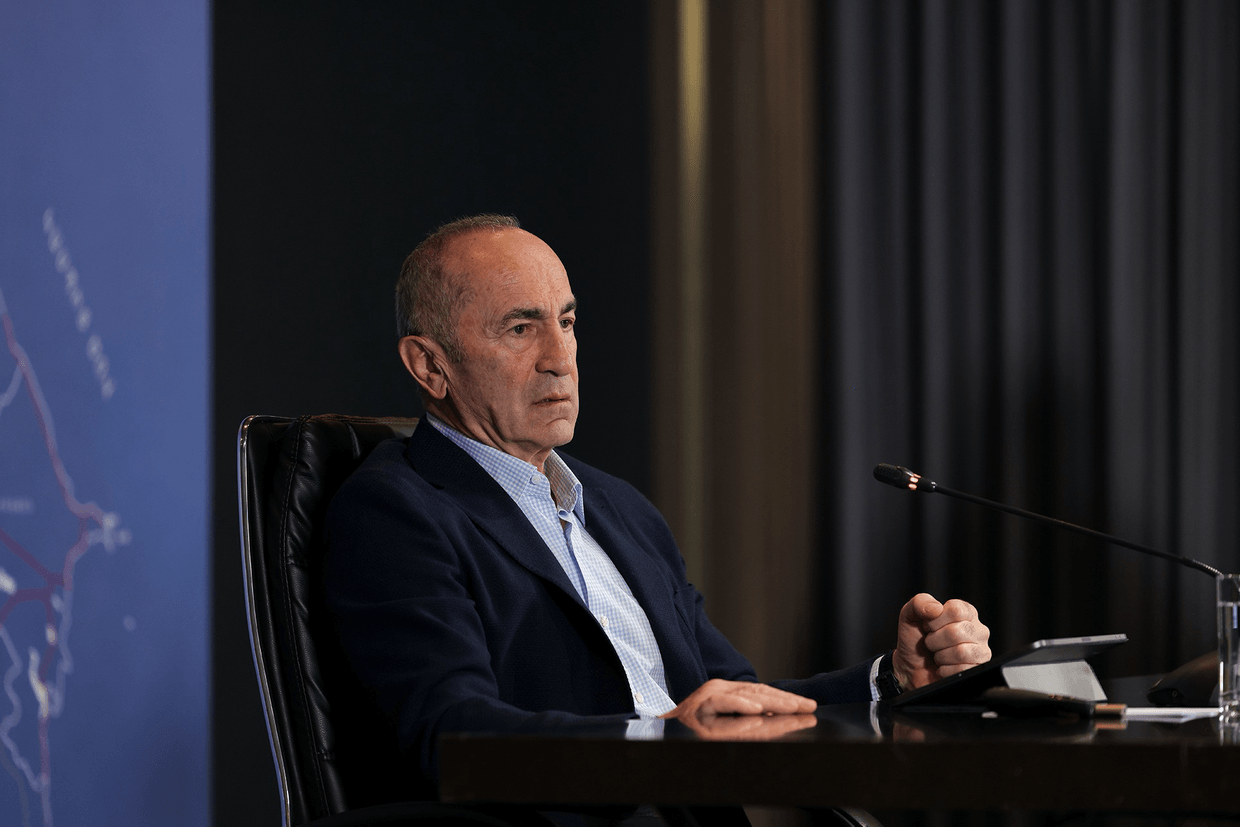Armenia seeks to confiscate $1.7 million from ex-president Kocharyan and other former officials

Armenian authorities are seeking to confiscate ֏670 million ($1.7 million) in compensation paid to the victims of the 2008 post-election protests in Yerevan from former President Robert Kocharyan and other former high-ranking officials who held office during the events.
The Prosecutor General’s office filed its motion with the Anti-Corruption Court on Monday. The compensation was paid in 2019 by Prime Minister Nikol Pashinyan’s government to the families of those killed.
The money is to be confiscated from ex-president Kocharyan, ex-Chief of the President’s Staff Armen Gevorgyan, Chief of the General Staff of the Armed Forces Seyran Ohanyan, and ex-chief of the Yerevan garrison of the Armenian military Yuri Khachaturov.
Gevorgyan and Ohanyan are currently MPs representing the Kocharyan-led Armenia Alliance faction.
Protests erupted in February 2008 after an ally of then-president Kocharyan, Serzh Sargsyan, was declared the winner in contested presidential elections. The opposition led by Levon Ter-Petrosyan, who previously served as president (1991–1998) insisted the election results were rigged.
Kocharyan then declared a state of emergency, which was followed by the violent dispersal of protesters on 1 March 2008, with eight civilians and two police officers killed, and more than 200 people injured.
Pashinyan himself took part in the protests, and was sentenced to seven years in prison in 2010 for organising ‘violent’ rallies in 2008, but was released in 2011 under a general amnesty.
Kocharyan and the other officials were placed on trial for their alleged role in the violent crackdown shortly after Pashinyan came to power in 2018 after the Velvet Revolution.

Placing Kocharyan behind bars and opening such a notorious case made headlines in Armenia.
However, Kocharyan and others were acquitted of charges in March 2021 after Armenia’s Constitutional Court declared that it was unconstitutional to charge the former officials with ‘overthrowing the constitutional order’.
The court’s decision was then overturned in September 2024 and sent to the Anti-Corruption Court for a new examination.
In November 2024, the prosecutors proposed to charge Kocharyan and others for exceeding official authority and abusing influence.












